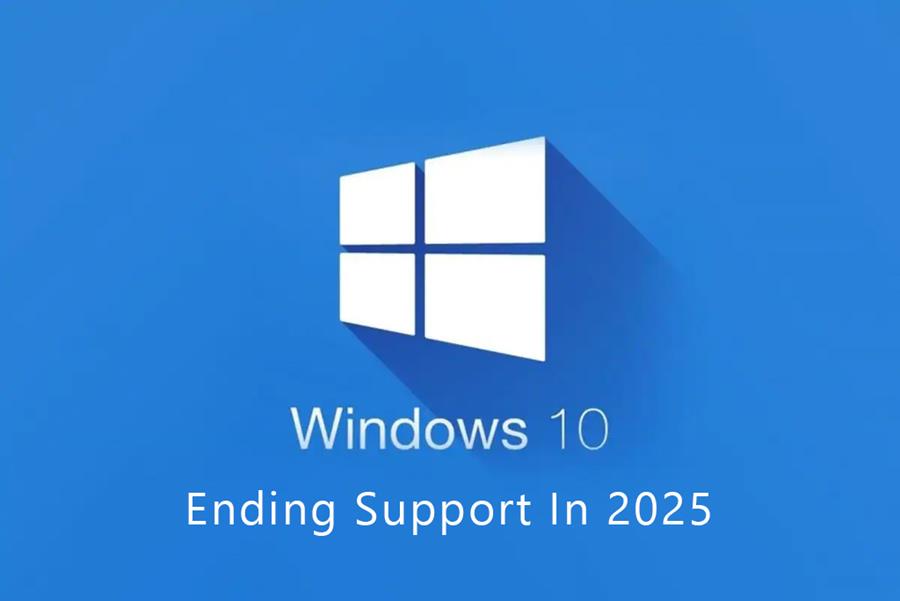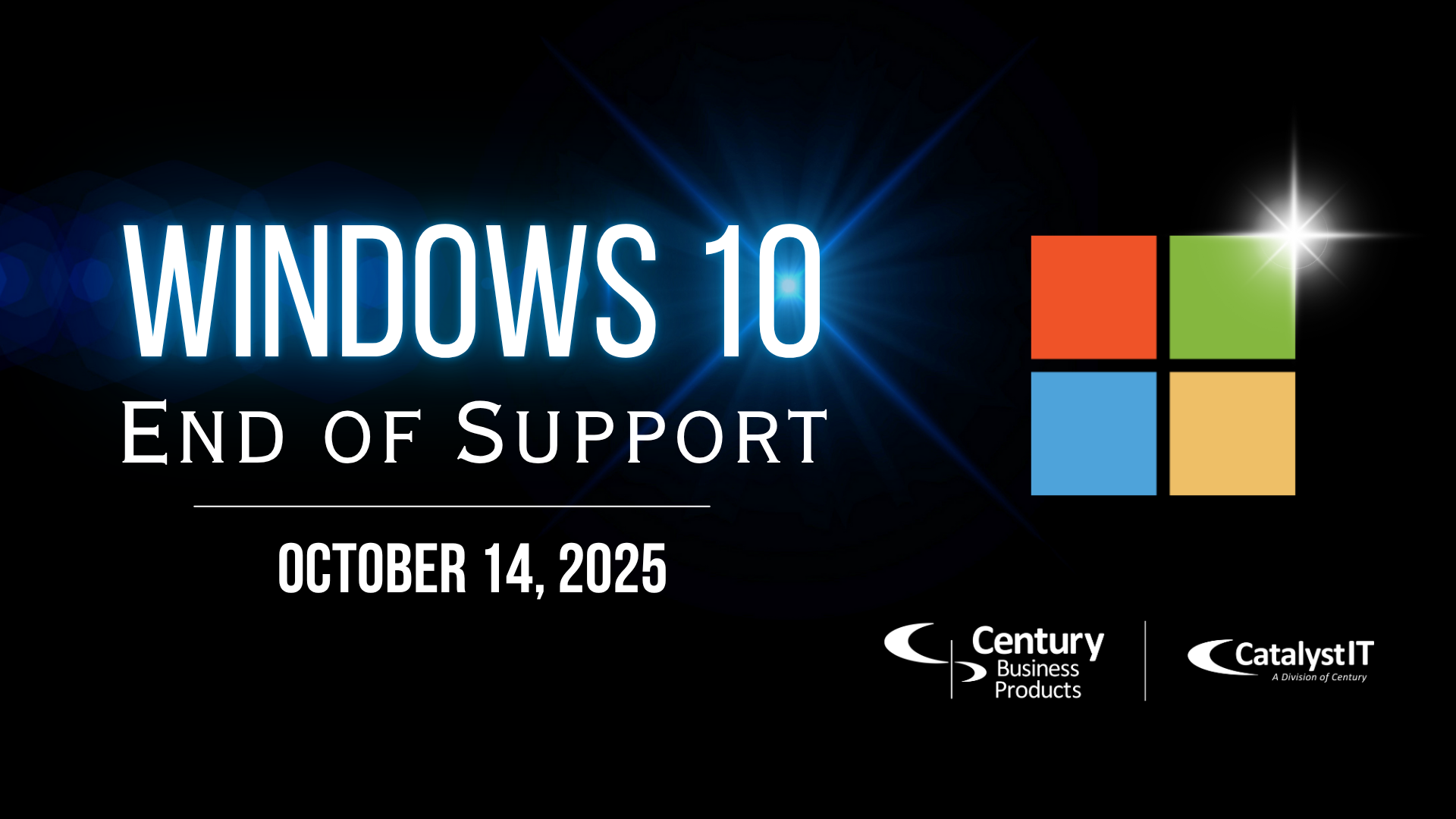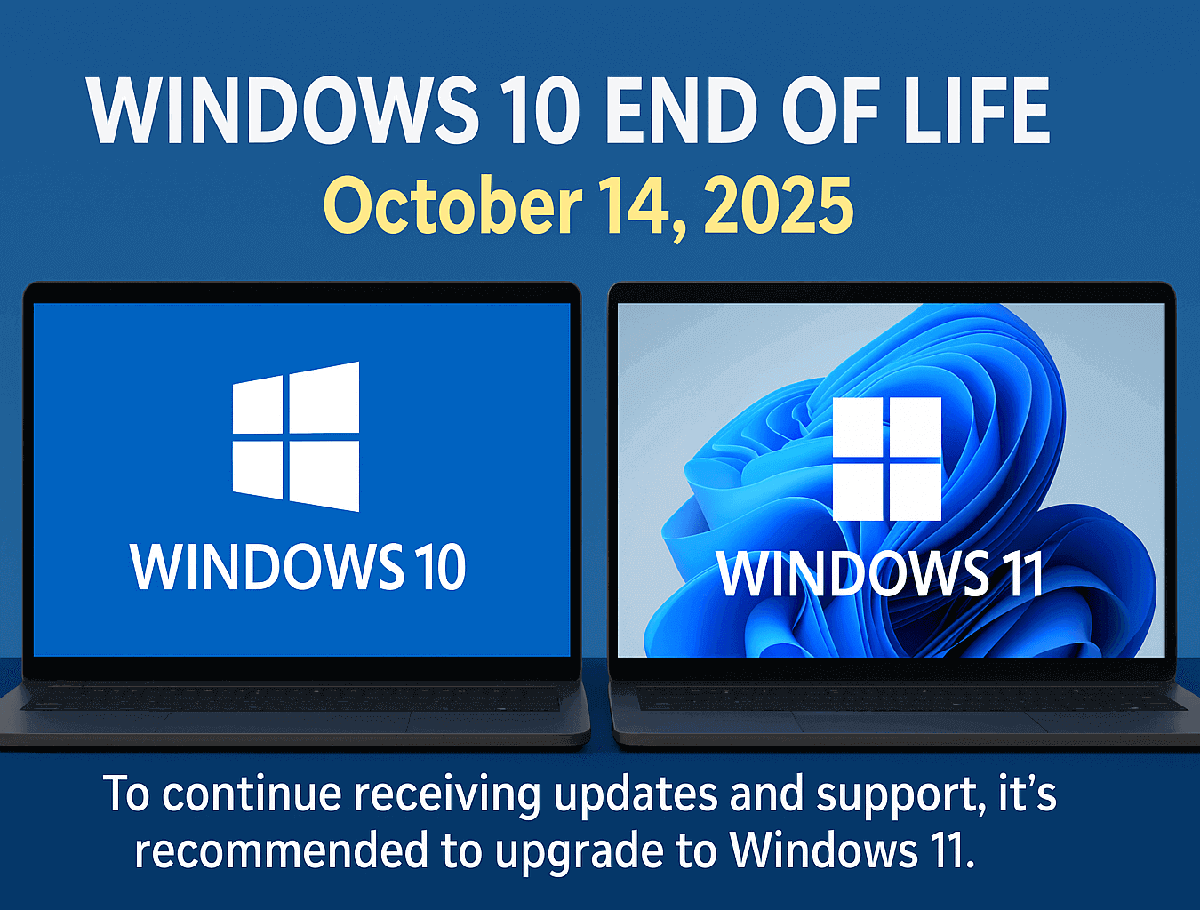Windows 10 End of Life: Complete Guide to October 2025 Support Deadline & Your Options
Windows 10 End of Life: Complete Guide to October 2025 Support Deadline & Your Options
Quick Summary: Microsoft will end Windows 10 support on October 14, 2025. After this date, your PC will still work but won't receive security updates, making it vulnerable to cyber threats. You have three main options: upgrade to Windows 11, join the Extended Security Updates program, or buy a new PC.

Table of Contents
- What Is Windows 10 End of Life?
- Timeline and Key Dates
- Security Risks and Implications
- Your Options After Support Ends
- Who Is Affected by Windows 10 EOL?
- Windows 11 Upgrade Guide
- Extended Security Updates Program
- Environmental Impact Concerns
- Frequently Asked Questions
What Is Windows 10 End of Life?
Windows 10 end of life (EOL) refers to Microsoft's decision to discontinue all support for the Windows 10 operating system on October 14, 2025. This means that after this date, Microsoft will no longer provide security updates, bug fixes, technical support, or new features for Windows 10 devices.
However, it's important to understand that your computer won't suddenly stop working. All your files, applications, and current functionality will remain intact. The primary concern is the gradual increase in security vulnerabilities as cybercriminals discover new ways to exploit unpatched systems.

Timeline and Key Dates
The Windows 10 end of support timeline includes several critical milestones:
- October 14, 2025: Official end of Windows 10 support
- October 13, 2026: End of Extended Security Updates (ESU) program
- October 10, 2028: End of Microsoft 365 security updates on Windows 10
- October 2026: End of support for Office 2021 and Office LTSC 2021
Security Risks and Implications
The most significant concern with continuing to use Windows 10 after October 2025 is the security risk. Without regular security patches, your system becomes increasingly vulnerable to:
- Malware and viruses: New threats won't have corresponding patches
- Cyber attacks: Hackers often target unsupported systems
- Data breaches: Personal and financial information may be at risk
- Ransomware: Outdated systems are prime targets for ransomware attacks
While Microsoft Defender Antivirus will continue receiving virus definition updates until 2028, this provides only basic protection against known threats, not newly discovered system vulnerabilities.
Your Options After Support Ends
Microsoft has outlined three primary paths for Windows 10 users facing the end of support deadline:
1. Upgrade to Windows 11 (Free)
If your computer meets the Windows 11 system requirements, you can upgrade for free. This is Microsoft's recommended solution as it provides continued security updates, new features, and long-term support.
2. Extended Security Updates (ESU) Program
For devices that cannot upgrade to Windows 11, Microsoft offers the ESU program, providing critical security updates for one additional year (until October 2026). This program costs $30 for consumers or can be accessed free with certain requirements.
3. Purchase a New Windows 11 PC
If your current device is too old or doesn't meet Windows 11 requirements, investing in a new PC ensures optimal performance, security, and compatibility with future software updates.
.webp?width=1366&height=768&name=Windows%2010%20(EOL).webp)
Who Is Affected by Windows 10 EOL?
The Windows 10 end of life affects millions of users worldwide. According to recent statistics:
- Global impact: Approximately 43% of Windows devices still run Windows 10
- UK users: An estimated 21 million people use Windows 10
- Business sector: Many organizations rely on Windows 10 for daily operations
- Consumer segment: Home users with older computers that cannot upgrade to Windows 11
Windows 11 Upgrade Guide
To check if your computer is eligible for the free Windows 11 upgrade:
- Go to Start > Settings > Update & Security > Windows Update
- Select "Check for updates"
- If eligible, you'll see a Windows 11 upgrade notification
- Follow the on-screen instructions to complete the upgrade
Key Windows 11 requirements include TPM 2.0, Secure Boot capability, and at least 4GB of RAM. Devices that don't meet these requirements cannot officially upgrade, though unofficial methods exist.
Extended Security Updates Program
The ESU program offers a temporary solution for Windows 10 users who need more time to transition:
Free ESU Access Requirements:
- Use Windows Backup app to sync files to OneDrive, OR
- Redeem 1,000 Microsoft Rewards points
- European Economic Area residents receive free access automatically
Paid ESU Option:
- Consumer cost: $30 one-time payment
- Business cost: $61 per device
- Coverage period: October 2025 to October 2026

Environmental Impact Concerns
Consumer advocacy groups have raised concerns about the environmental impact of Windows 10 end of life. Nathan Proctor from US consumer group PIRG states that this situation is "shaping up to be a disaster for both consumers and the environment."
The primary environmental concerns include:
- Electronic waste: Functional computers may be discarded unnecessarily
- Forced obsolescence: Devices that work perfectly may need replacement
- Resource consumption: Manufacturing new devices has significant environmental costs
To address these concerns, Microsoft and partners offer trade-in and recycling programs to responsibly dispose of older devices.
Frequently Asked Questions
Will my Windows 10 PC stop working after October 14, 2025?
No, your computer will continue to function normally. You can still use all your programs, access files, and browse the internet. However, you won't receive security updates, making your system more vulnerable to threats over time.
Is the Windows 11 upgrade really free?
Yes, the Windows 11 upgrade is completely free for eligible Windows 10 devices. However, your computer must meet the minimum hardware requirements. In areas with metered internet, ISP charges may apply for downloading the update.
What happens to Microsoft Office after Windows 10 support ends?
Microsoft 365 Apps will continue running on Windows 10 but may experience performance issues. Microsoft will provide security updates for Microsoft 365 on Windows 10 until October 10, 2028. Non-subscription Office versions (2016, 2019) will end support entirely on October 14, 2025.
Can I install Windows 11 on an unsupported PC?
While unofficial methods exist to install Windows 11 on unsupported hardware, Microsoft doesn't recommend this approach. Such installations are considered unsupported, and future updates aren't guaranteed to work properly.

Take Action Before It's Too Late
With Windows 10 end of life approaching rapidly, now is the time to evaluate your options and make a decision. Whether you choose to upgrade to Windows 11, enroll in the Extended Security Updates program, or invest in a new PC, taking action before October 14, 2025, ensures your continued security and productivity.
Don't wait until the last minute – start planning your Windows 10 transition today to avoid potential security risks and compatibility issues.